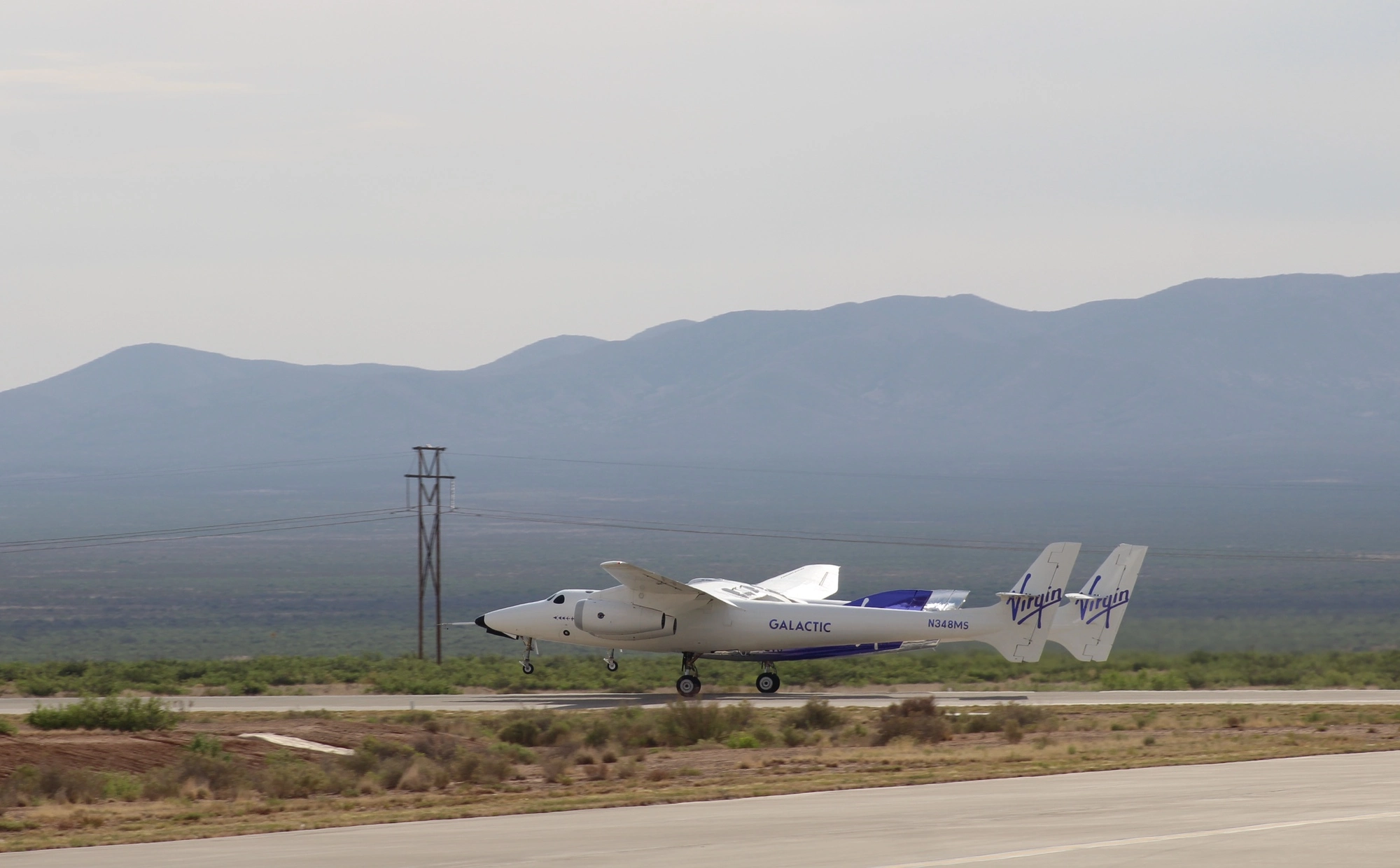The reverse split effectively increases the share price by a factor of 20 at a time when the share price had dipped below minimum levels set by the New York Stock Exchange (NYSE).
The company’s share price has been declining since peaks in 2021 where, on two occasions, Virgin Galactic shares traded at more than $50. The falling share price was one factor in the company’s decision last November to phase out operations of its existing suborbital spaceplane, VSS Unity, and lay off some staff in order to conserve its cash on hand, focusing on development of the new Delta-class spaceplanes that offer lower costs and higher flight rates.
At a June 5 conference by TD Cowen, Michael Colglazier, chief executive of Virgin Galactic, said the company was sticking to that plan. He noted the company had about $870 million of cash and equivalents in hand as of the end of the first quarter.
“That amount of money, we’ve said, is sufficient to move through and build our first two Delta ships and put them into commercial service,” he said. “And just those first two ships in service, we estimate, drives about a $450 million revenue business at great contribution margin and flow through, and that puts the company on a cash positive footing.”


